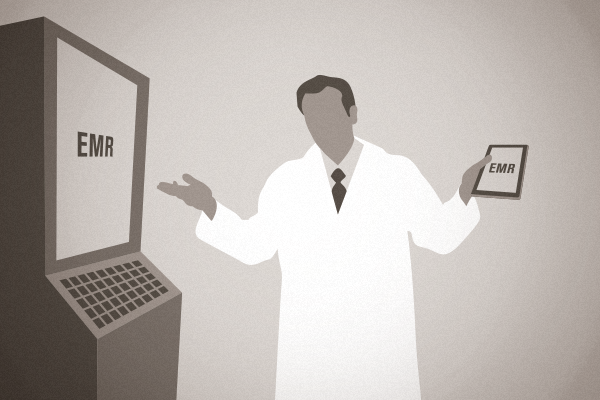Atlas.md rolled out more updates! In this latest batch, you’ll find more features that help your clinic run more smoothly, details on security measures, and more ways to connect directly with your patients.
HumanAPI integration
Expanding our fitness tracking capabilities, Atlas.md has added support for the Human API, which is a gateway to most of the fitness devices and applications available on the market. We now support devices from Jawbone, Nike, iHealth and Withings as well as applications such as RunKeeper, Moves App and DailyMile.
Easily export basic patient details to CSV
Now you can easily export basic patient information to a CSV file, which can be read by Microsoft Excel, Google Apps and virtually any other application that supports spreadsheets. This also allows you to easily export lists to web applications like Campaign Monitor and Mail Chimp.
Extra security: inactivity logouts
You can now enable the “Inactivity Logout” feature, which kicks users out of the system after 30 inactive minutes. This can be useful for clinics who have shared computers in the office. It’s especially helpful for making sure the system stays secure for when someone forgets to logout, or leaves a computer unattended or unlocked.
Editable dashboard calendar
You can now adjust the calendar that shows up on your dashboard. This is specifically helpful for nurses and staff members who need to keep track of doctors’ appointments instead of their own.
Email notification on task completion
Now when someone completes a task you’ve assigned them, you’ll get a notification email confirming the completion. This closes any possible communication gap, and ensures you’re always in the loop on the delegated tasks.
Critical note for patient records
Atlas.md users can now add critical notes to patient charts. Critical notes are highlighted and fixed at the top of the patient record to ensure they are not overlooked. Critical notes are particularly useful for patients with a specific sensitive condition, allergies, etc.
Billing: expanded communication logs
We now keep track of all email invoices and failed payments for both patients and companies. Users can also add custom notes to the communication logs to help them keep track of other collection efforts made.
Referencing notes inside notes in the patient record
Atlas.md’s macro-autocompleter now allows you to reference other notes inside the same patient record. Just type “#attachment” to reference a previous attachment, “#prescription” to reference a previous prescription, etc.
